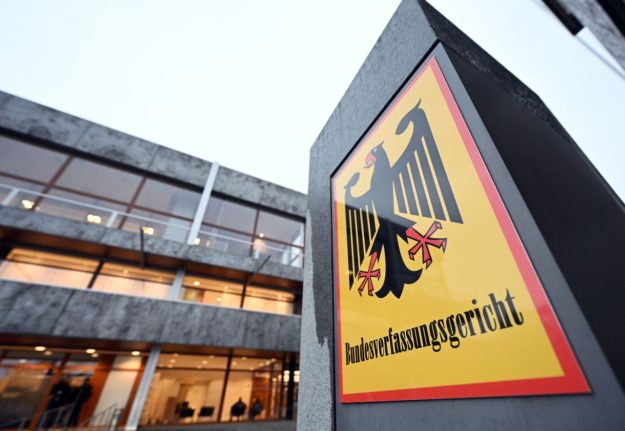Net debt to the ECB totalled €220.5 billion($303.7 billion) last month, a 35.3 percent drop from the level 12 months ago, the central bank said, a sign that Spanish banks were finding it easier to raise funds on the debt market.
It was the lowest amount since February 2012 when Spanish banks owed 152.4 billion euros to the ECB, and well below the peak of €388.7 billion owed in August 2012.
But the amount is still almost double the €118.9 billion owed at the end of 2011.
Spanish banks were almost shut out of international debt markets last year owing to concerns that the country may need a sovereign bailout.
Concern centered on bank balance sheets, which are loaded with piles of bad loans following the collapse of a property bubble in 2008.
But Spanish borrowing from the ECB has fallen steadily since the central bank chief Mario Draghi vowed last year to buy sovereign debt of eurozone countries that had officially requested aid.
Madrid secured a rescue loan in June 2012 of up to €100 billion from its eurozone partners to underpin Spanish banks.
Spain, the eurozone's fourth-largest economy, used €41.3 billion of this available loan.
The latest official figures show Spain timidly emerged from a two-year recession in the third quarter of this year, but the unemployment rate remains extremely high at nearly 26 percent.
The government predicts the economy will expand by 0.7 percent in 2014 after shrinking by 1.3 per cent in 2013.



 Please whitelist us to continue reading.
Please whitelist us to continue reading.
Member comments